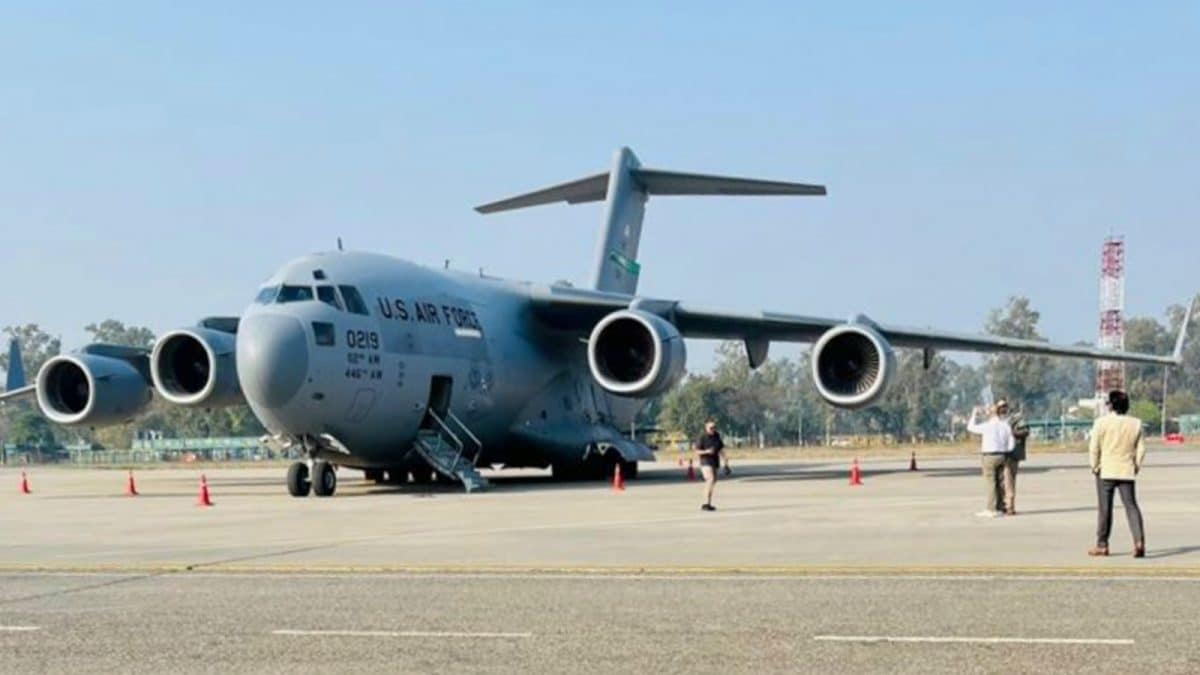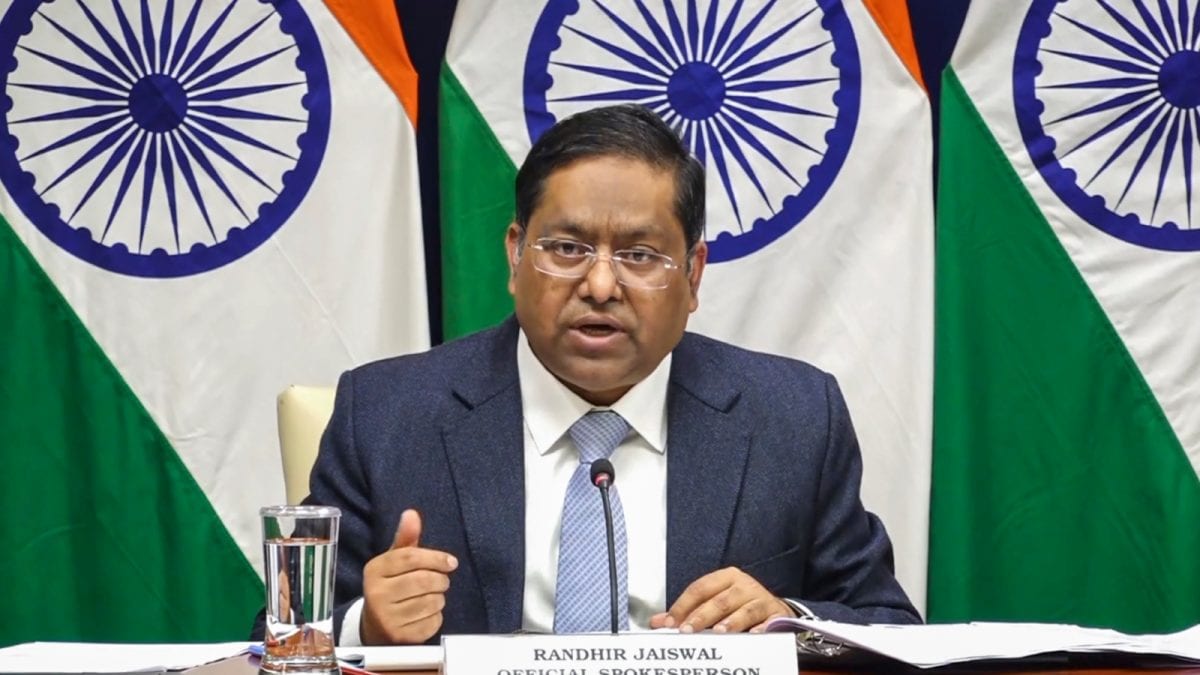Last Updated:February 20, 2025, 16:08 IST
The Kandahari faction aims to curtail the Haqqanis' power, viewing them as prioritising personal interests over Afghanistan’s welfare

The rift between Taliban and Haqqanis has been stemming from disagreements over various issues, particularly girls’ education. (PTI)
A deep rift has formed between the Haqqani and Kandahari factions within the Taliban, fuelled by power struggles and ideological differences, CNN-News18 has learnt.
Sirajuddin Haqqani, a key Taliban leader, has been absent from Kabul for over a month, along with close allies like Mulla Biradar and Stanekzai. Sources indicate Haqqani, whose UN travel exemption expired in February 2025, is in Dubai for meetings. Stanekzai, considered a more liberal figure, has criticised Taliban’s supreme leader, Hibatullah Akhundzada, and is reportedly in the UAE. Mulla Biradar is in Doha for similar reasons.
Earlier, CNN-News18 had reported about the rift between Taliban and Haqqanis stemming from disagreements over various issues, particularly girls’ education.
The rift is said to have widened after ISI-backed Kandahari group and Haqqanis were thrown out of their own districts and not allowed to appoint governors. The situation is escalating, with the Kandaharis, reportedly under ISI influence, vying for dominance. In contrast, the Haqqanis are perceived as relatively moderate, willing to engage with the international community’s demands, especially concerning girls’ education.
The Kandahari faction aims to curtail the Haqqanis’ power, viewing them as prioritising personal interests over Afghanistan’s welfare. They have taken control of crucial armories and even relocated the suicide bomber training academy to Kandahar. This power struggle, evident in clashes between the leadership of both groups, appears increasingly irreparable.
The Kandaharis accuse the Haqqanis of amassing wealth through NGOs under the guise of international aid, claiming they are not fully implementing Sharia law. In a stark display of authority, the Kandaharis have prevented Haqqani from appointing officials in his own district, effectively evicting him from his hometown.
Sources reveal that Sirajuddin Haqqani has been ordered by the Kandaharis to submit to their authority, maintain a low profile, refrain from media appearances, and strictly implement Sharia law. They have even threatened his position should he disobey.
Adding to the tension, Khalil Haqqani, a mentor figure to Sirajuddin, was recently killed. The timing of his death suggests a deliberate attempt to either eliminate a key figure or exploit the situation for strategic gain.
Further escalating concerns, Hibatullah Akhundzada transferred the Taliban’s suicide bomber headquarters from Kabul to Kandahar, directly overseeing their operations and teachings. This move is seen as an attempt to consolidate control over this critical unit. Additionally, the death of a prominent Taliban commander in Badakhshan, officially attributed to ISIS-K but suspected to be an inside job, highlights the internal conflicts and shifting alliances within the Taliban.
Financial control is another point of contention. The presence of thousands of Afghan and foreign NGOs, employing a large workforce, is viewed with suspicion by Akhundzada. He sees this network as a means for the Haqqanis to consolidate power and attract foreign influence, rather than benefiting the nation.
Location :Afghanistan
First Published:February 20, 2025, 16:03 IST
News world Taliban Power Struggle: Haqqani-Kandahari Rift Deepens As Critical Names Stay Away From Kabul | Exclusive

 1 day ago
1 day ago

















